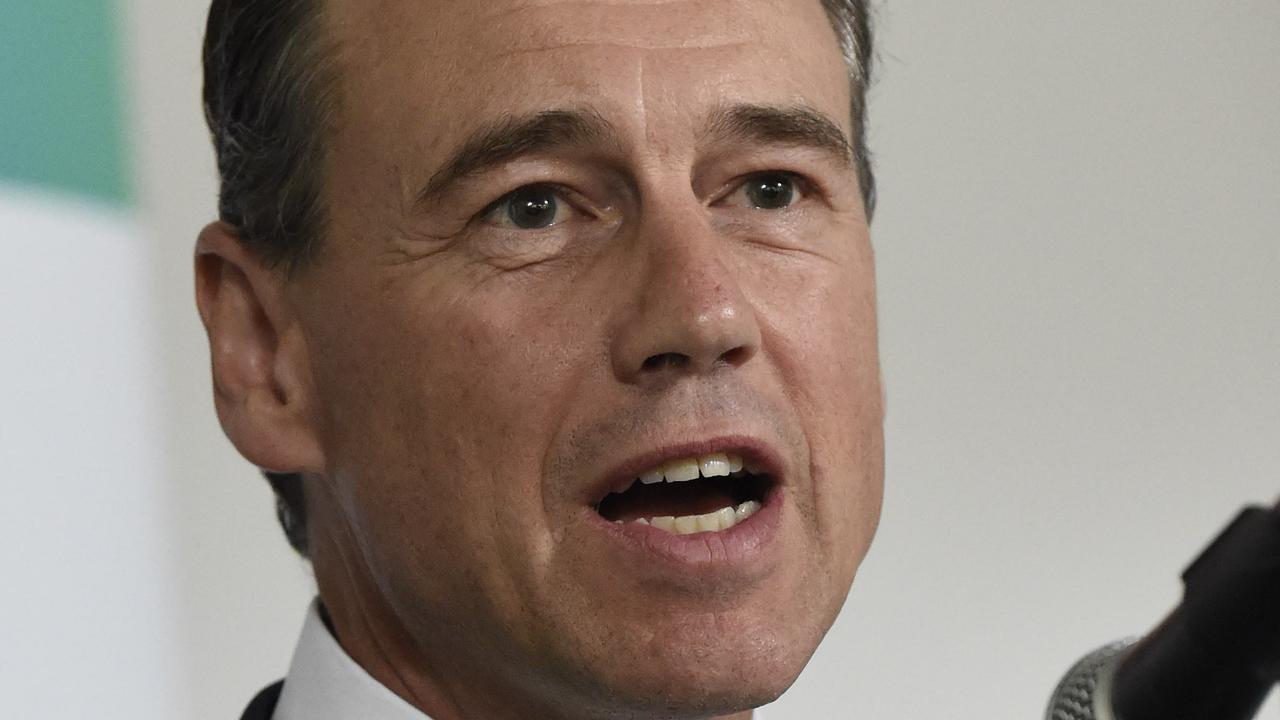Pharma kickbacks stay under the radar
More than a third of the money spent by pharmaceutical companies promoting drugs to doctors may have gone unreported.
More than a third of the money spent by pharmaceutical companies promoting drugs to doctors, healthcare providers and consumer groups may have gone unreported after changes to Australia’s system of self-regulation.
An analysis of more than 900 transparency reports found a 34.1 per cent reduction in spending disclosed by companies in industry body Medicines Australia in the year after the changes.
Researchers from the Charles Perkins Centre at the University of Sydney found Australia’s self-regulatory model was not only restricted and difficult for consumers to use, it was falling behind other countries.
In the year before the changes, almost $90 million was declared but the following year that dropped to just over $59m.
“These changes allowed for reduced reporting of spending on food and beverages at events and for sponsored healthcare professionals, with the result that over a third of previously reported industry spending on healthcare professionals is now hidden,” said Lisa Parker from the University of Sydney, who co-authored a paper published yesterday in BMJ Open.
“Past studies have shown that even the provision of modest meals at such educational events hosted by pharmaceutical companies can influence prescribing behaviour of healthcare professionals, so the reduced transparency around pharmaceutical industry spending on food is a cause for concern.
“The new code also fails to require disclosures about other industry interactions with health professionals that countries such as the UK and USA have introduced, such as pharmaceutical company spending on free drug samples and funding for research.”
The Australian Electoral Commission last week reported on political donations in 2017-18, including expenditure from the pharmaceutical sector.
The Coalition government has sought to promote its listing of new medicines on the Pharmaceutical Benefits Scheme, warning Labor would put the budget, and drug subsidies, at risk. Labor has announced no contrasting PBS policy to date.
Pharmaceutical companies declared more donations to Labor than the Coalition parties last financial year: Johnson and Johnson donated $44,900 to the opposition while Bayer donated $40,600, Novartis $46,100, Pfizer $24,500, and Roche $21,364.
Lobby group Medicines Australia donated $67,140 and Labor also declared a $49,500 donation from Swisse Wellness.


